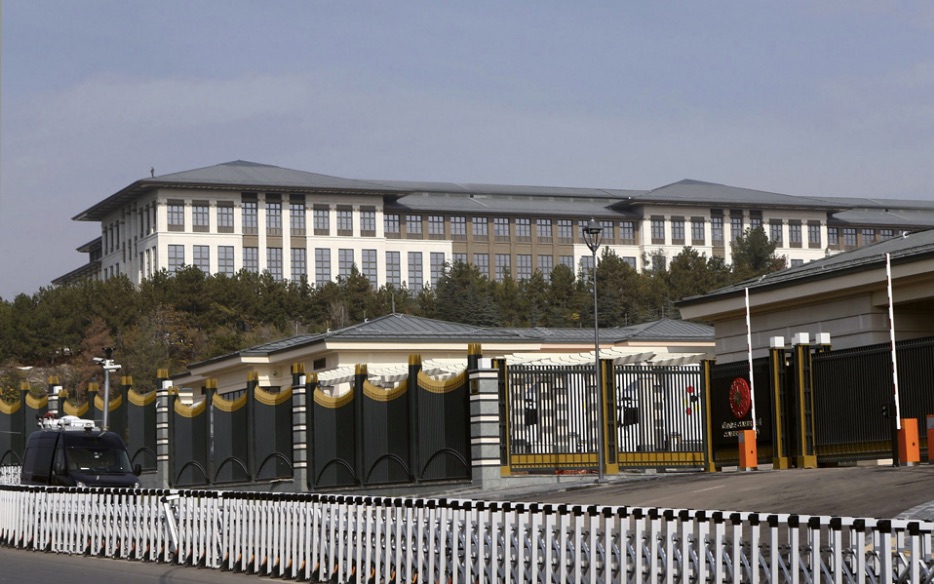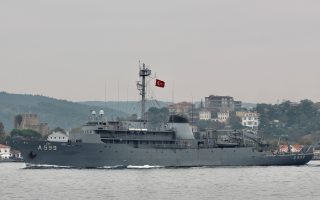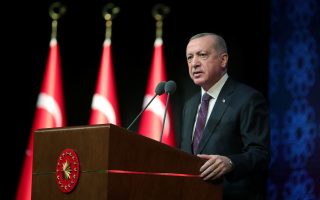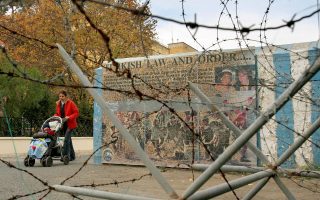The palace in Ankara and the deep state

The messages reaching Athens from Ankara ought to be reassuring. Turkey talks about the need for a period of calm and hints at the possibility of “reasonable” solutions for the Aegean and the East Mediterranean that are similar to what has been discussed with previous Greek governments.
Turkey’s public rhetoric and actions, however, are often at odds with these messages that reach Athens via many different channels. And we’re not talking about actions that may be a matter of routine but are blown out of proportion in Greece, but of threats and moves that do not correspond with a strategy of de-escalation.
The Presidential Palace in Ankara increasingly resembles the palace of a bygone era. President Recep Tayyip Erdogan is no longer the one making all the decisions. There are advisers, relatives and courtiers jostling for primacy, aspiring successors yearning for the next day, and the deep state, which is also claiming a role in developments once again.
Greek and European officials have noticed top Turkish officials not only disagreeing over important issues, but even trying to undermine each other. The palace is becoming increasingly hard to read and those who once understood how it worked are now in the dark.
The equation is further complicated by the uncertainty and terrible instability inside Turkey. The economy is deep in the doldrums and Erdogan’s most recent decisions on this front simply don’t make sense.
The big problem, of course, is that Erdogan himself and the massive establishment he’s created do not have an exit strategy. There will be nothing simple about him losing the next election given the enormous amount of accumulated animosity and frustration.
Athens is right to keep the channels of communication with Ankara open; we need the time and temporary respite. This, however, does not mean plain sailing, as the instability in Ankara favors adventurism, rogue actions and even agitation from Turkish officials at every state level.
When one Greek prime minister was to visit Ankara a few years ago, he got a phone call from Erdogan the day before telling him that the Turkish president had spoken with the head of the armed forces, the navy, the air force and the intelligence agency, and could assure him that no incident would take place to put the Greek premier on the spot or overshadow his visit.
It is very unlikely that Erdogan would make the same call today. The paradox is that his fear back then was that that he didn’t control the deep state because he didn’t own it; today he owns it, but it’s not at all certain that he controls it.





